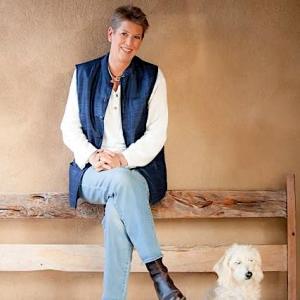I’ve admired Maia Duerr for ages. She’s a long time Zen practitioner, a trained anthropologist, keen observer of the human condition, one time executive director of the Buddhist Peace Fellowship, and an all around good human being.
She’s also smart as a whip. And thinks about important things, as well as putting the fruit of her reflections into action. And, on occasion, into words. I especially like her “Five Noble Truths.”
I find them the Zen of Engaged Buddhism. And very helpful markers for me…
Check them out. You may find this list helpful, as well. Here’s my lightly edited version.
1: Freedom is an inside job.
There is a wellspring of nourishment, inspiration, and resilience available to all of us, at all times – no matter what our life circumstances. I believe this with all my heart because I have experienced it in my own life.
2: Relationship is everything.
This isn’t just a solo gig that we’re on… we live in an interconnected, interdependent world. We condition each other and we are conditioned by each other. Our “individual” choices have an impact far beyond what we can see or know. Our personal liberation is directly linked with the well-being of others.
3: We’re One, but we’re not the same. And that’s beautiful.
I passionately believe that we have much to learn from each other, and that we often learn the most from those who are not so similar to us. Over 10 years of working with people that society would call “mentally ill” showed me that there are other ways of seeing and being in the world than what we usually recognize.
4: Story is powerful medicine.
Each of us has a story, one that we can re-write at any moment. The power of stories is to affirm our place in the universe, to connect us to each other, and to heal us.
We give each other a gift when we listen to each others’ stories, deeply and carefully, for the jewels hidden in each of them. We give ourselves a gift when we get to know our own story more intimately, and when we realize that we have it in our power to write a new story and create a more liberating way of being in the world for ourselves and others.
5: Reflection.
Usually we think of the four cardinal directions: north, south, east, and west. But in many other cultures, there is a fifth direction that represents “here,” or the center.
I value stepping back to take a deeper look at what’s going on, and identifying hidden assumptions that may obstruct our ability to see more creative solutions to whatever challenge we’re facing.
For the whole thing, including how she relates it to her consulting and teaching, go here.













